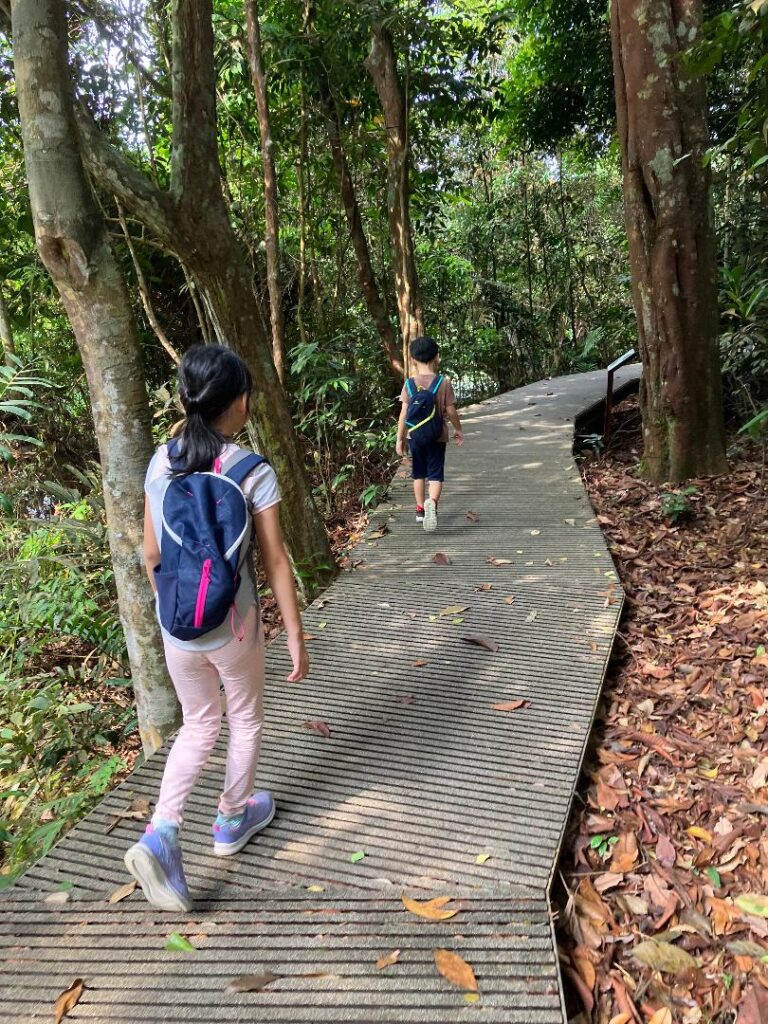
This is my contribution towards the celebration of World Mental Health Day!
Finding Hope in Addressing Burnout and Mental Health in Singapore
Singapore currently faces some of the highest burnout rates in the world (CNA video), highlighted by long hours, a challenging work-life balance, and intense competition that often creates unrealistic expectations. According to a recent IMH survey, 1 in 3 youth in Singapore reported experiencing very poor mental health, shedding light on a critical issue that affects our communities.
While these statistics can seem daunting, there is hope and opportunity to make meaningful changes in our lives. By recognizing and addressing less obvious stressors, we can prevent them from escalating into severe mental health challenges, including burnout and depression.
There are 5 lesser known stress and I think Minimalism might have the potential to solve some of them.
Potential Benefits of Minimalism in Reducing Burnout and Stress in Singapore:
- Noise Nuisance:
- Minimalist Approach: By creating simpler, quieter environments, we can significantly reduce distracting sounds that trigger discomfort.
- Positive Impact: Minimizing auditory triggers, such as clutter or background noise, fosters a more peaceful atmosphere, which can lead to a calmer state of mind.
- Mess Equals Stress:
- Minimalist Approach: Embracing a minimalist lifestyle encourages a decluttered and organized living space.
- Positive Impact: A tidy environment can uplift our mood, promote clarity, and reduce stress, making daily life more manageable and enjoyable.
- Scrolling and Sanity:
- Minimalist Approach: By reducing our engagement with digital distractions, we open ourselves up to more meaningful interactions with people and nature.
- Positive Impact: Simplifying our online presence can lessen feelings of inadequacy and promote authentic connections, enriching our social lives.
- Decision Fatigue:
- Minimalist Approach: Embracing simpler daily choices (like a capsule wardrobe) helps streamline decision-making and reduces mental overload.
- Positive Impact: Fewer decisions lead to decreased mental fatigue, making life’s challenges feel less burdensome and creating space for relaxation and reflection.
- Physical Touch:
- Minimalist Approach: Creating welcoming spaces encourages social interactions and increases community spirit.
- Positive Impact: Fostering connections can reduce feelings of loneliness and anxiety, promoting well-being and happiness through genuine interactions.
By implementing minimalist practices, we can address these lesser known stressors contributing to high burnout rates in Singapore. Embracing simplicity, organization, and intentional living can lead to improved mental health and a more supportive society. I don’t think minimalism is the silver bullet but its a good start.
On a personal note, I experienced the heartbreaking loss of a friend to suicide last year. Her situation illuminated the often unseen struggles individuals face, even when they appear “normal” on the outside. This serves as a powerful reminder that we all have unique experiences and challenges.
We can cultivate a culture of understanding and compassion in our homes, schools and workplaces by fostering tolerance towards differing personalities and behaviors. Let’s encourage one another, treating each other with care and respect. Each small act of kindness can create ripples of hope and resilience in our communities. Together, we can create an environment that not only acknowledges mental health challenges but actively works toward solutions that uplift us all.
